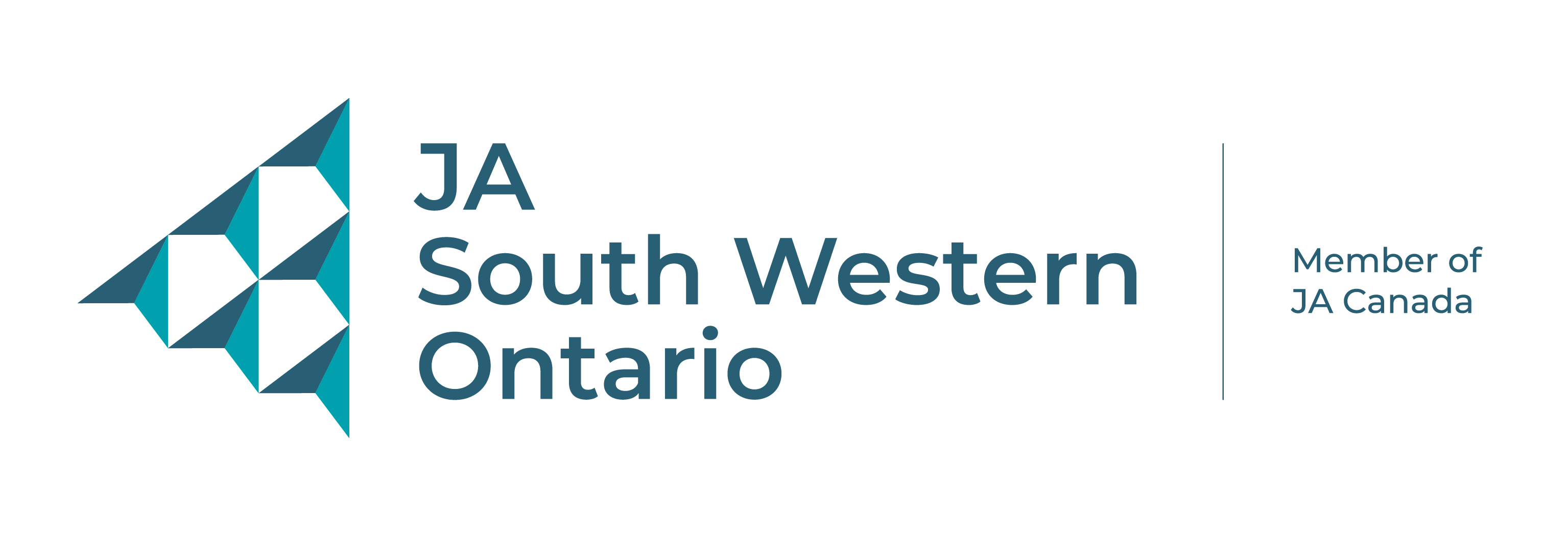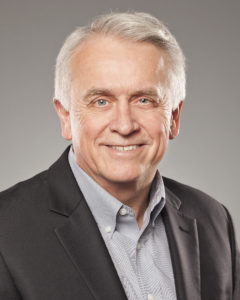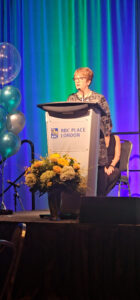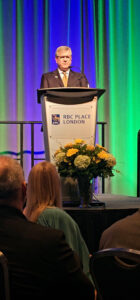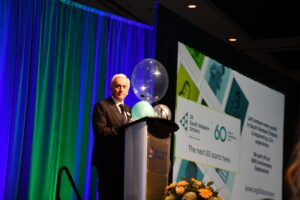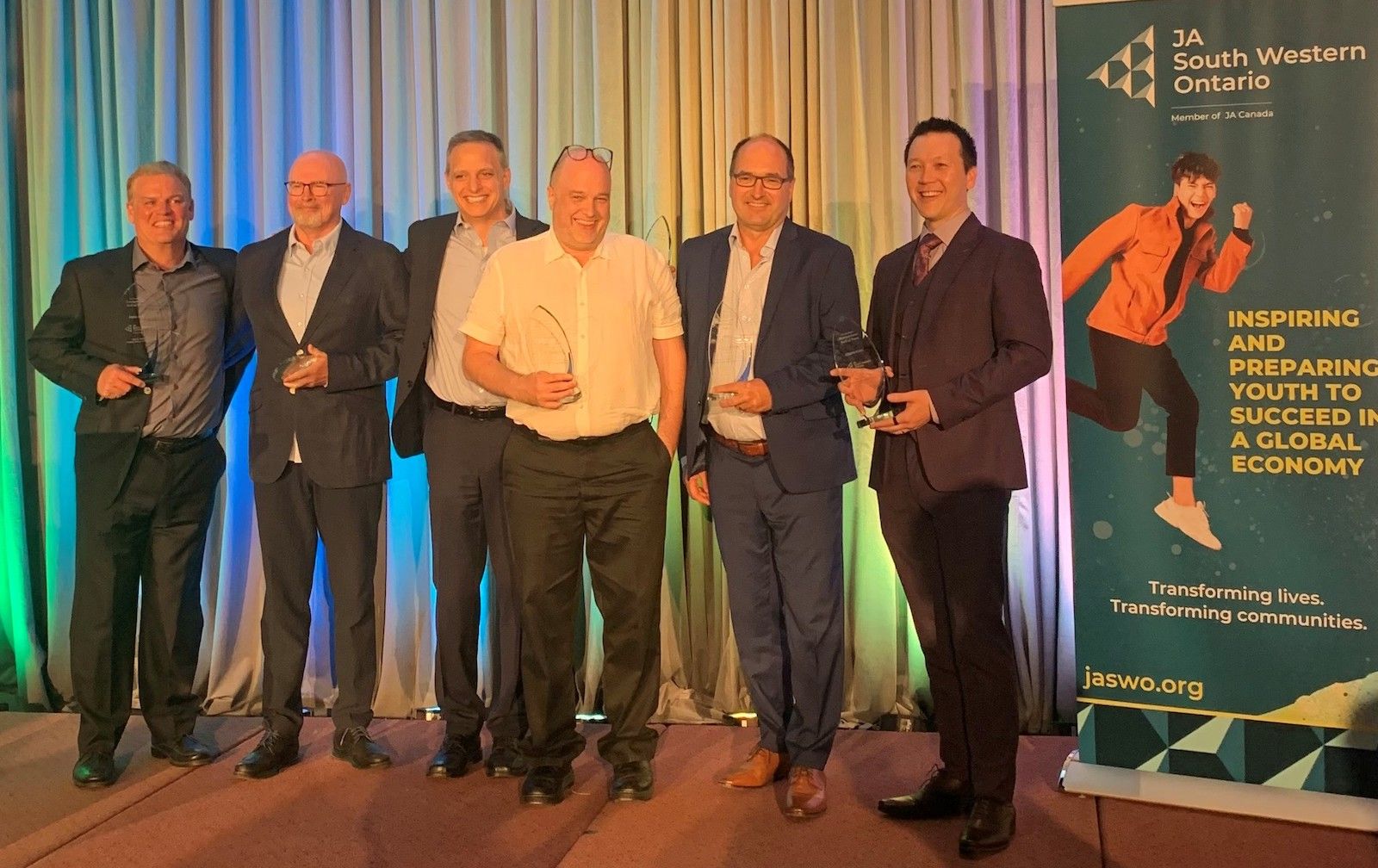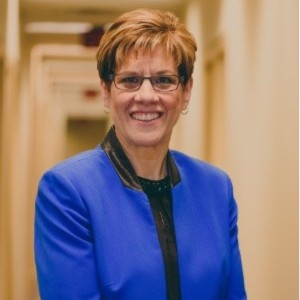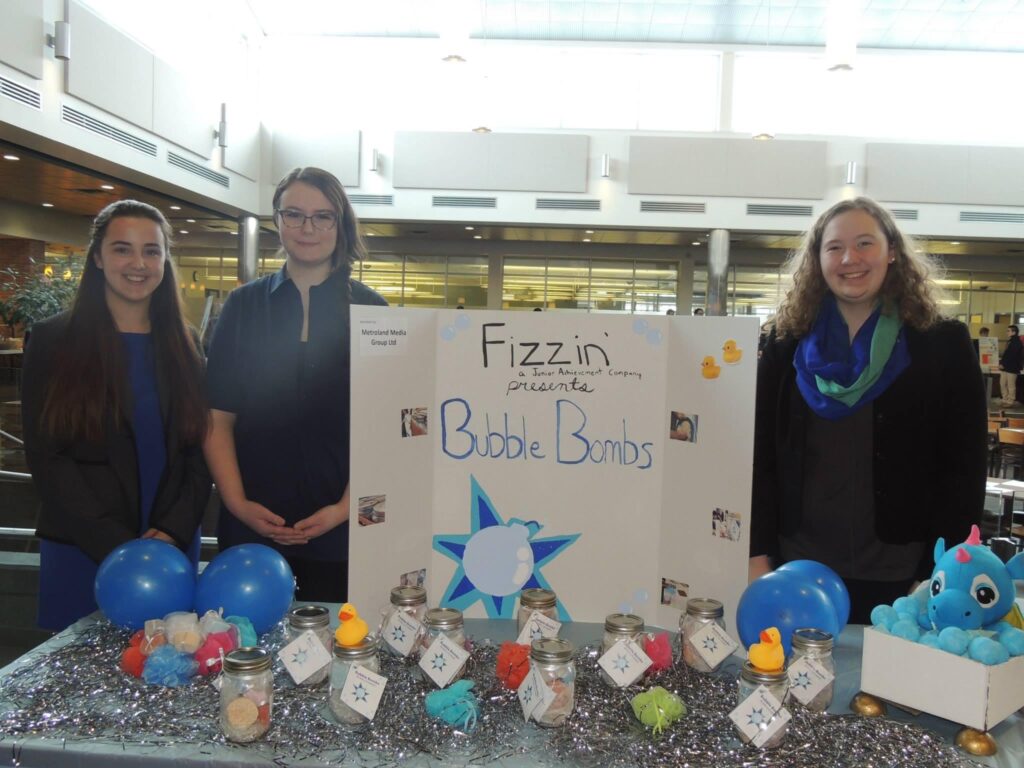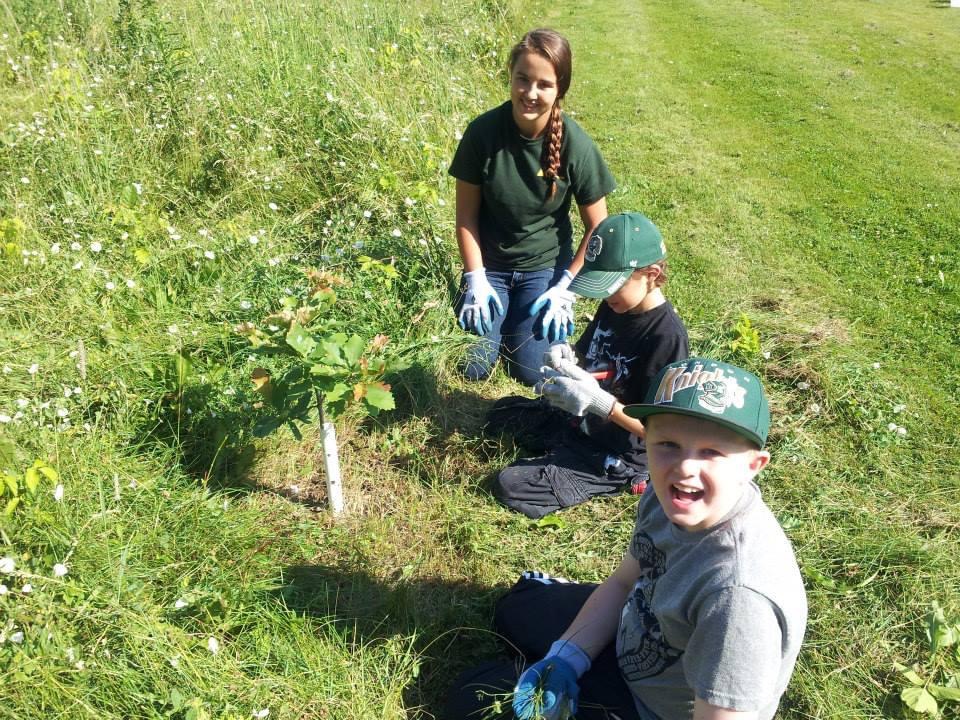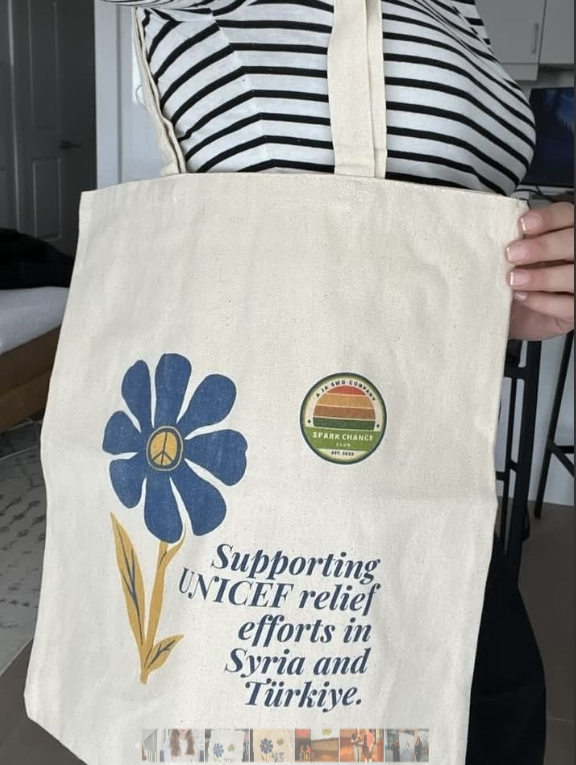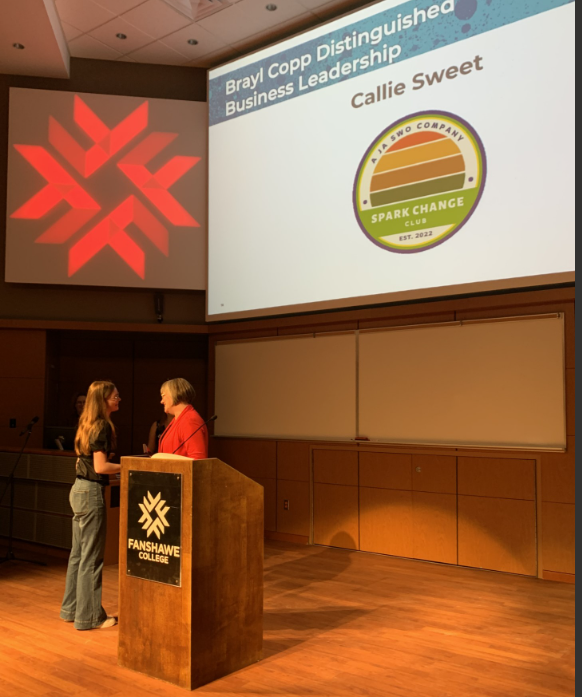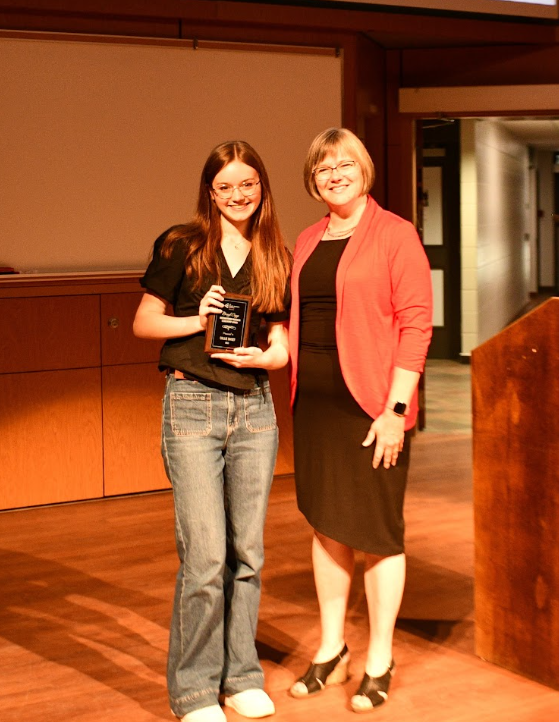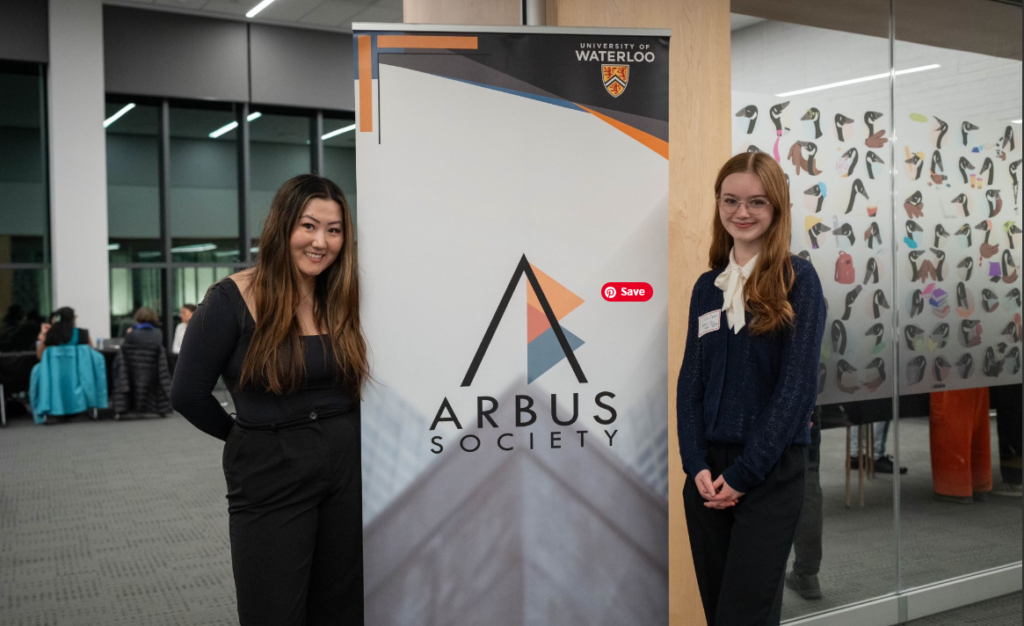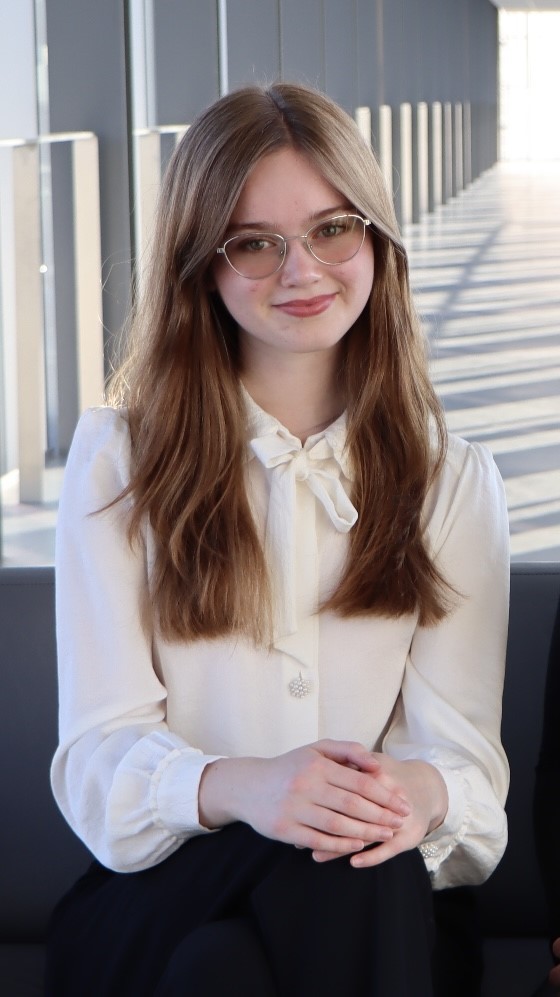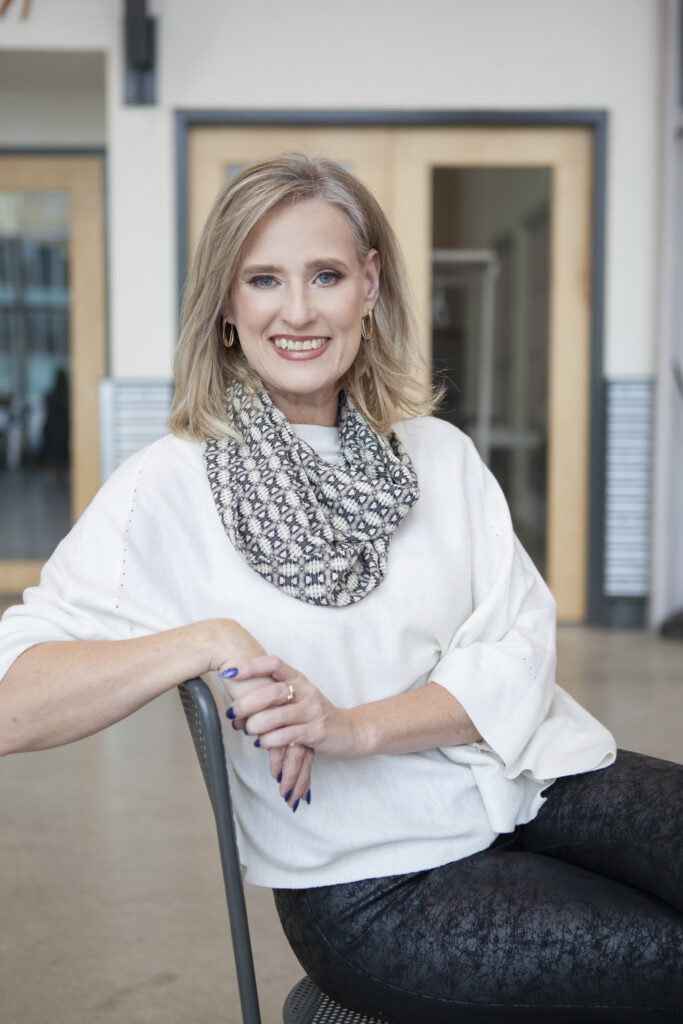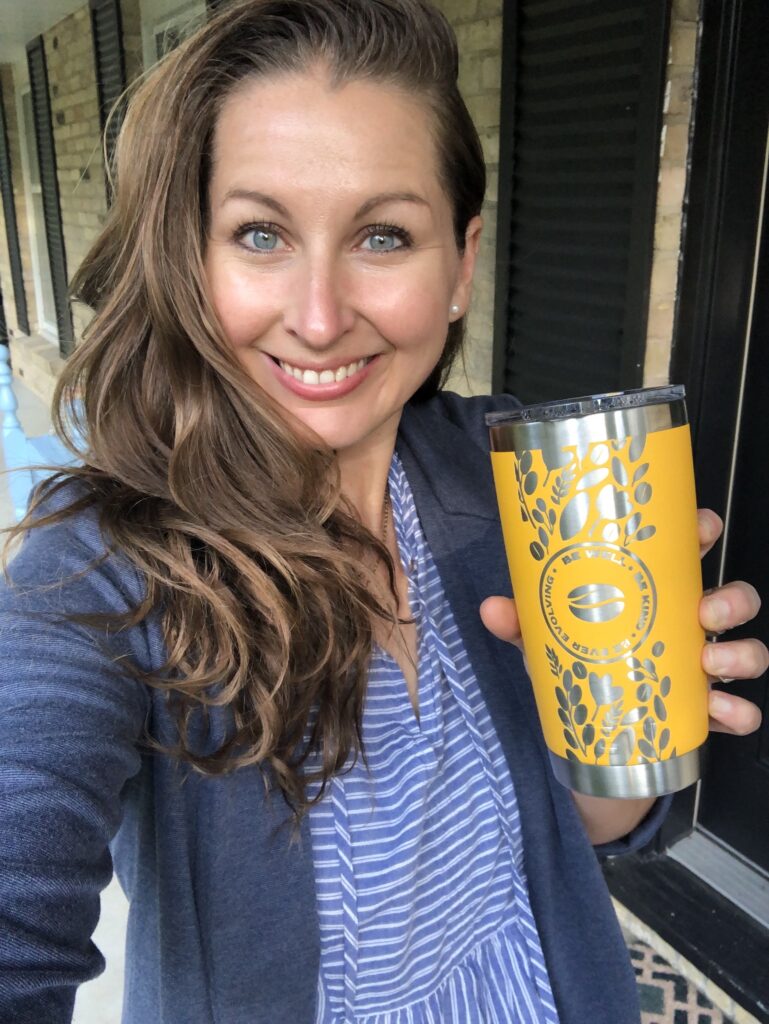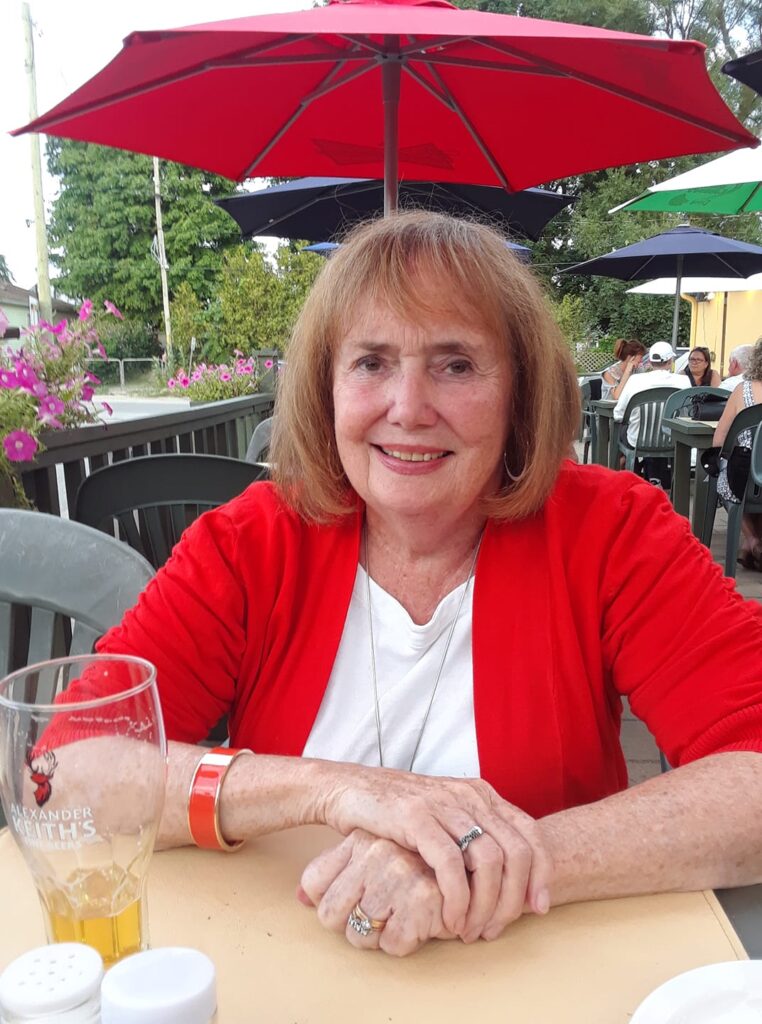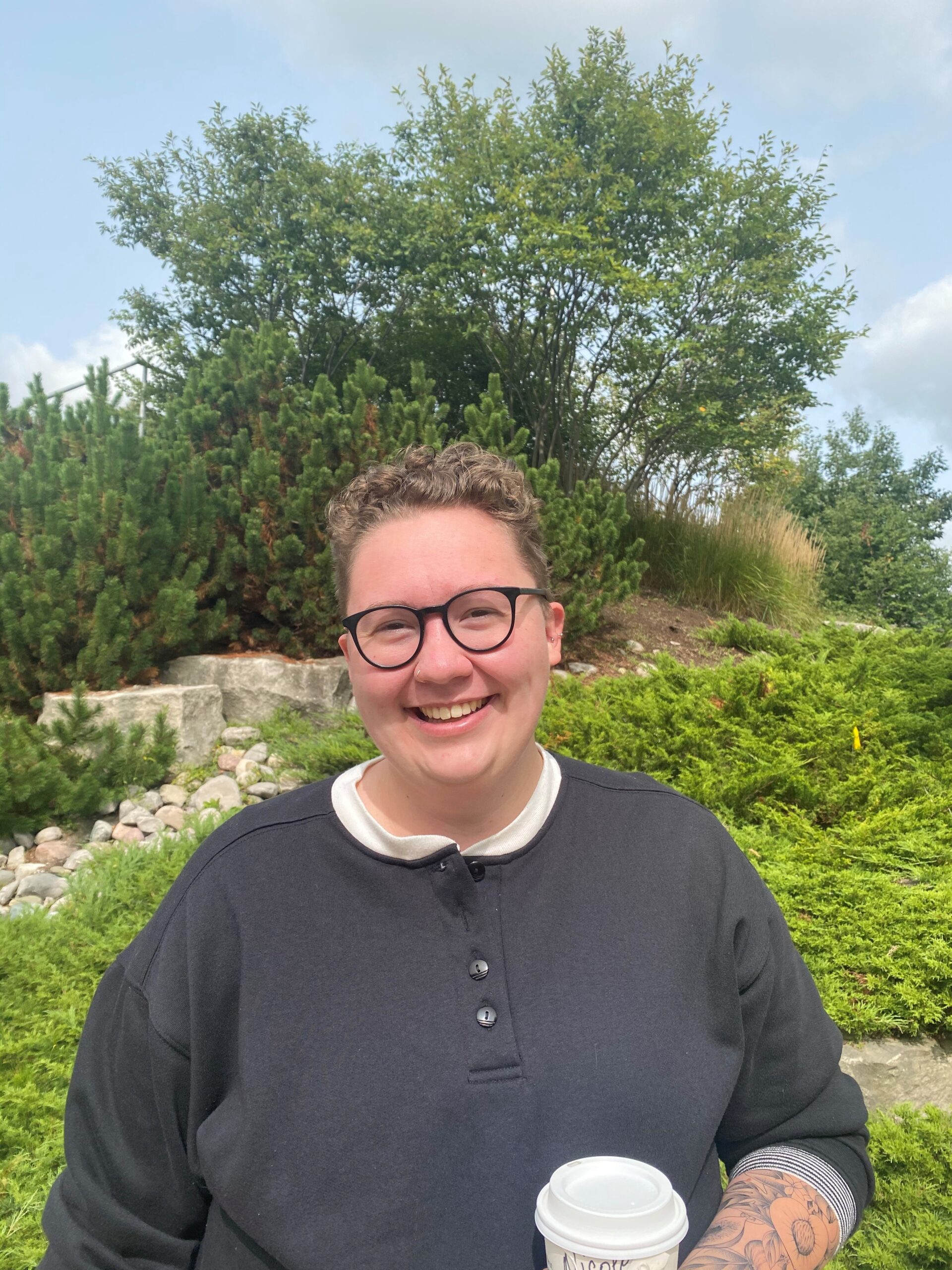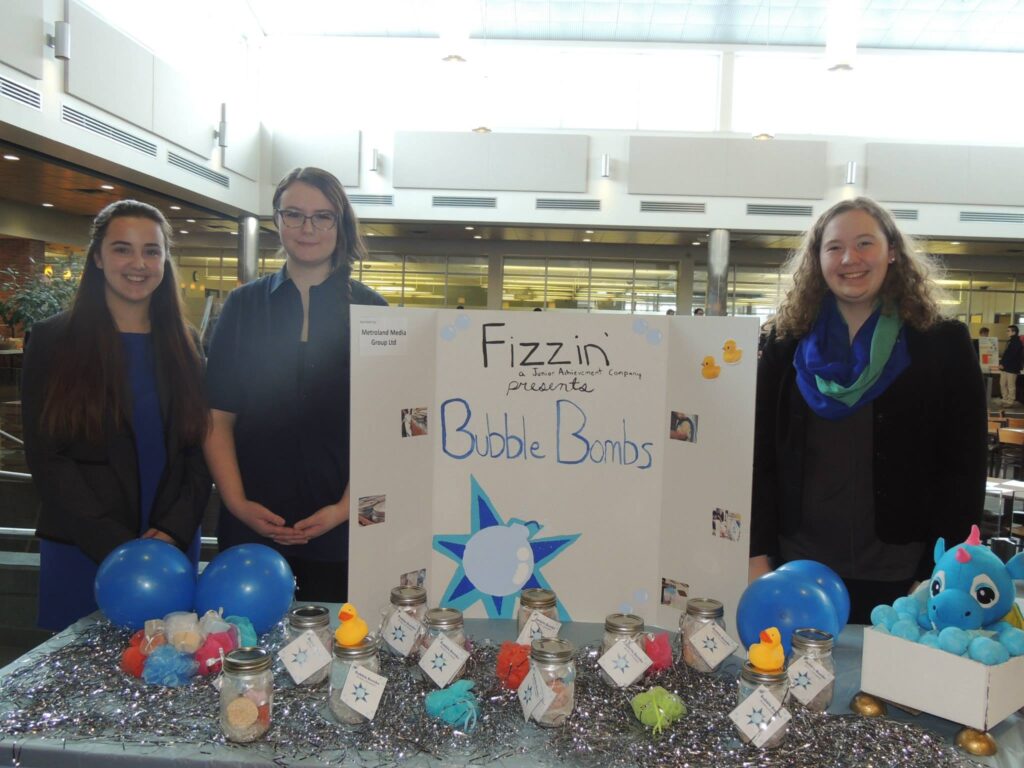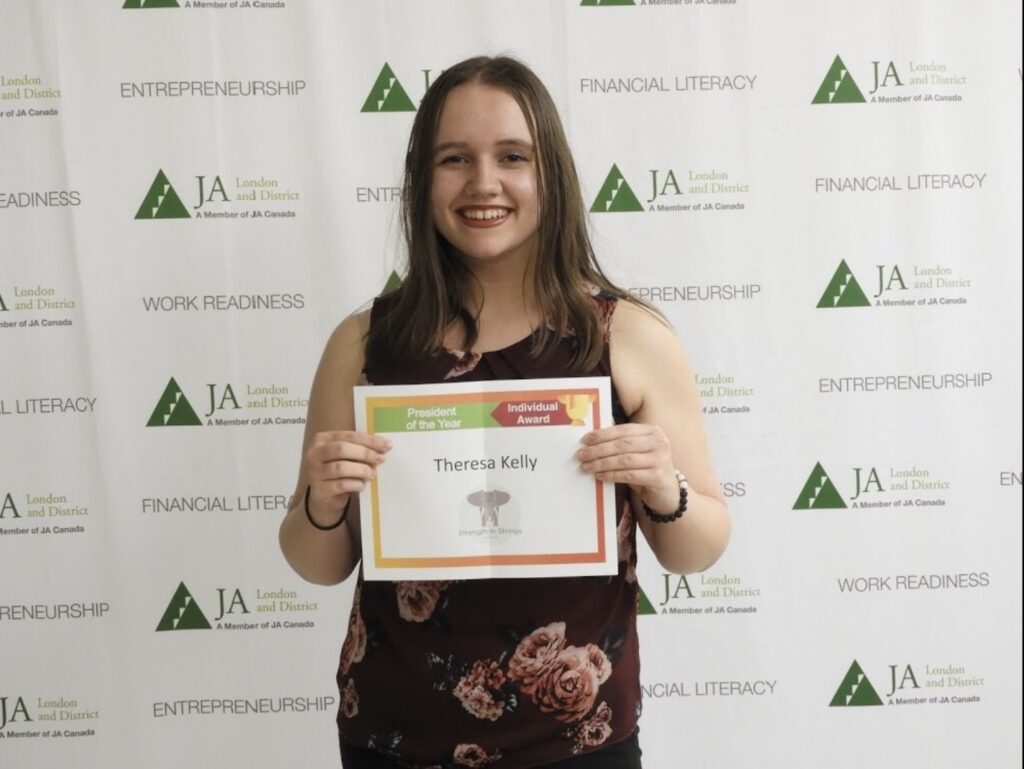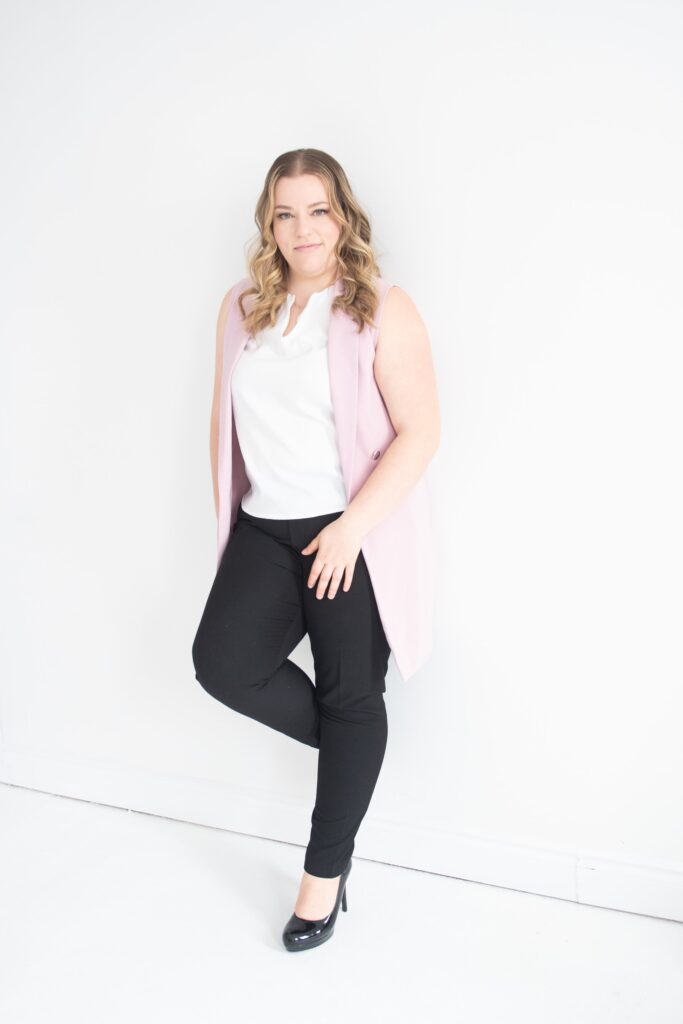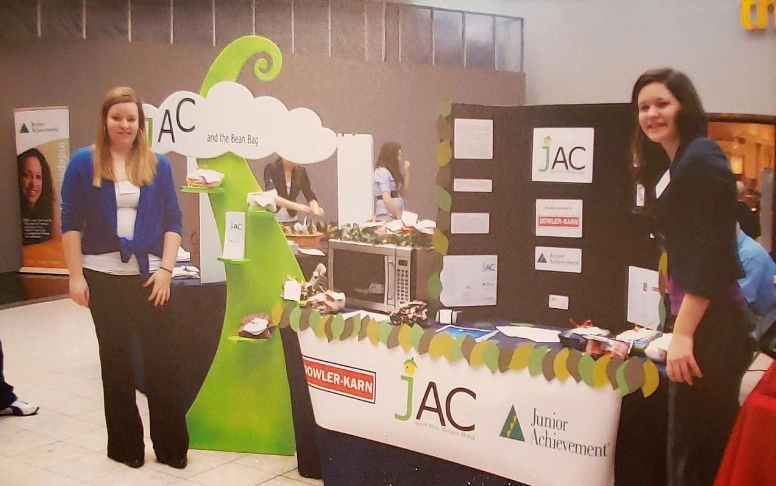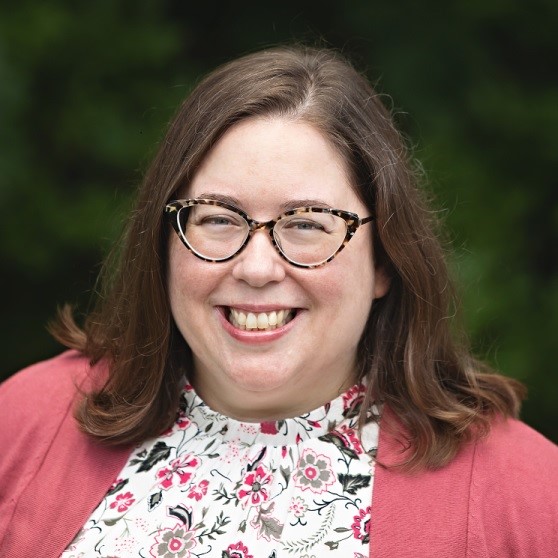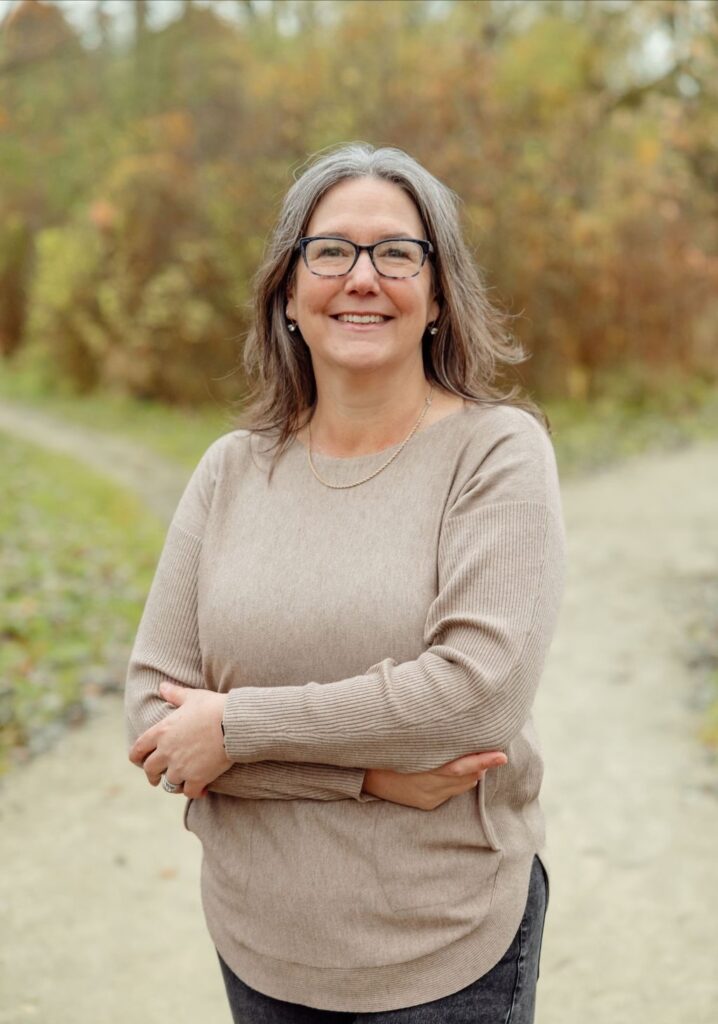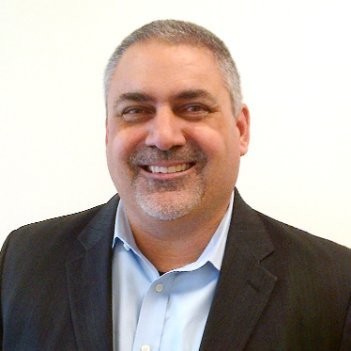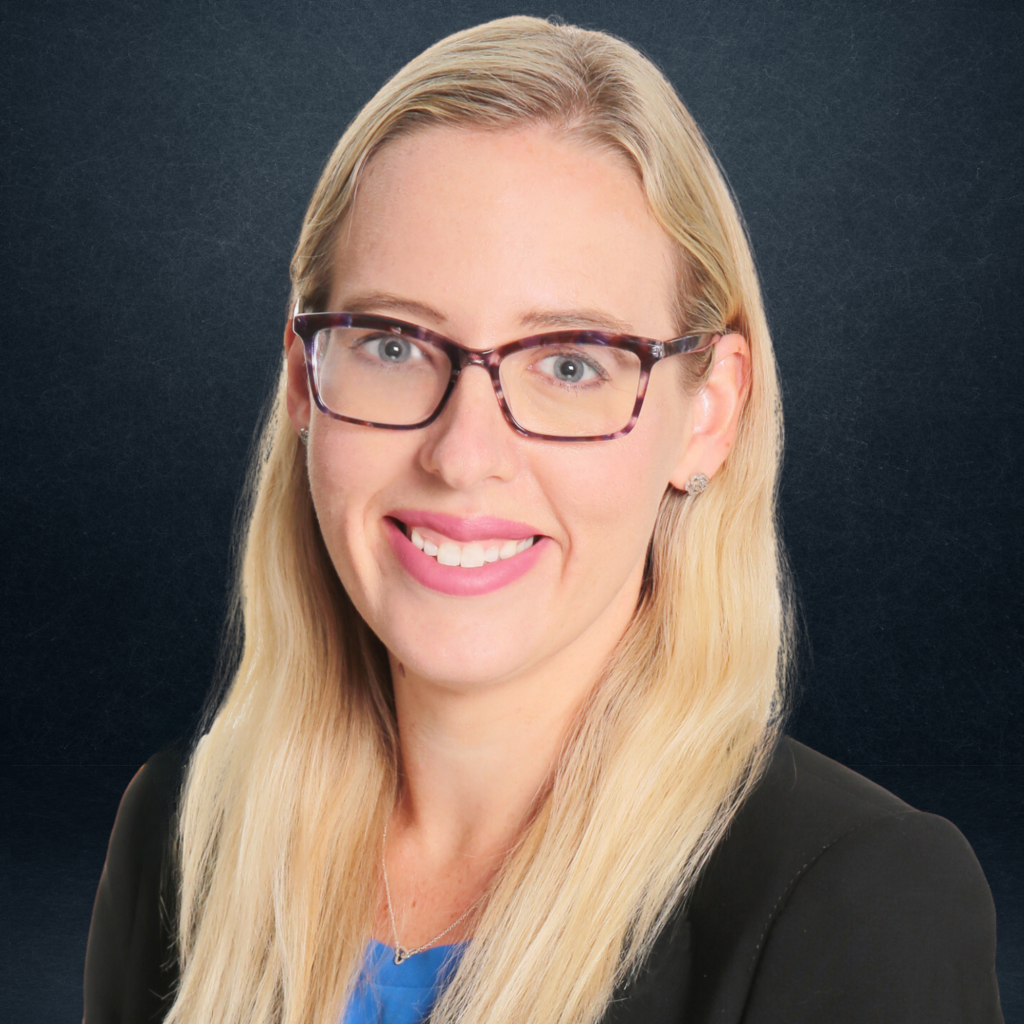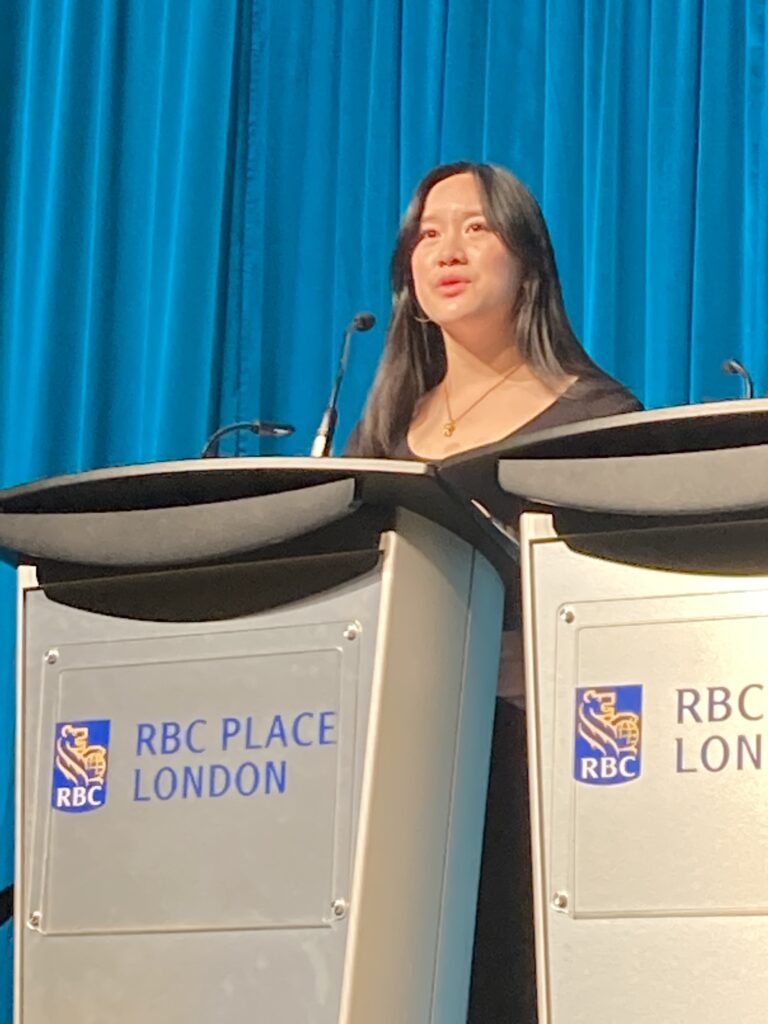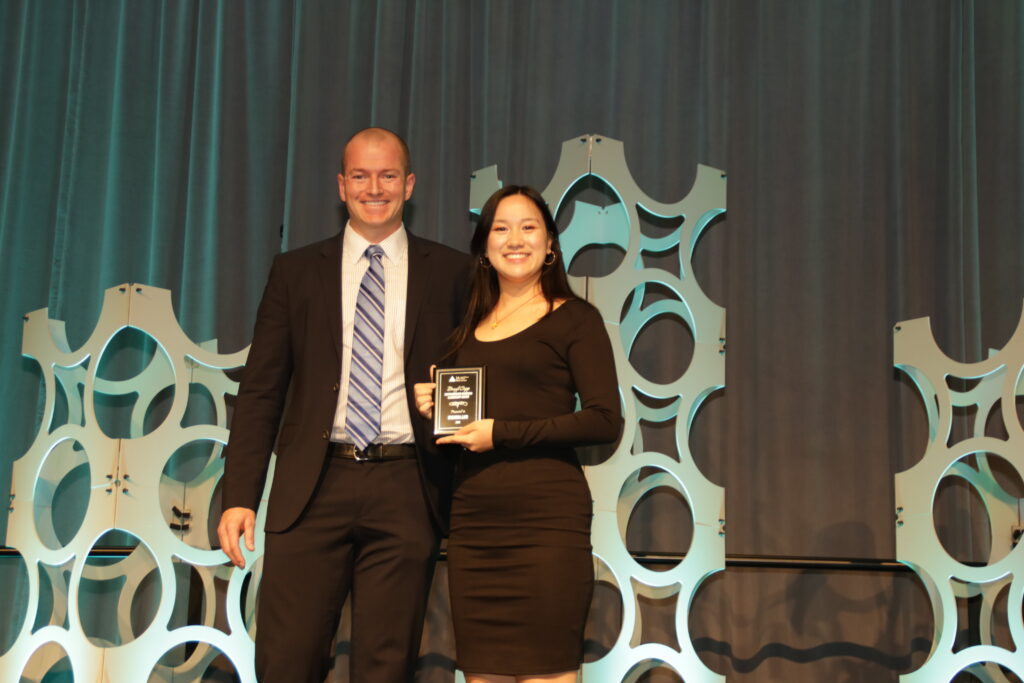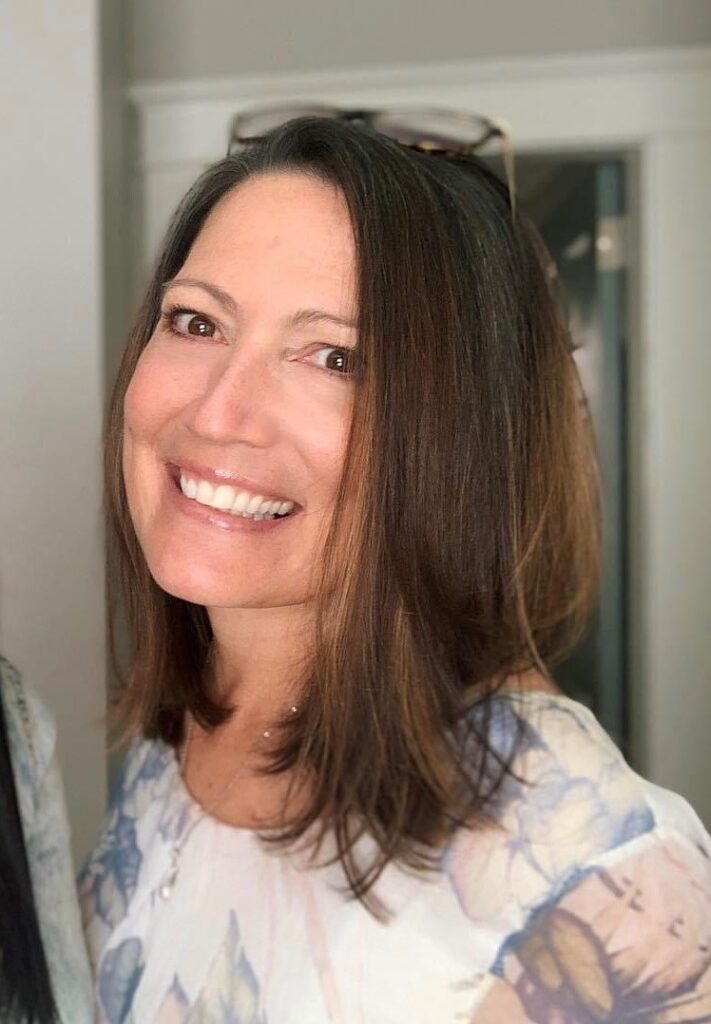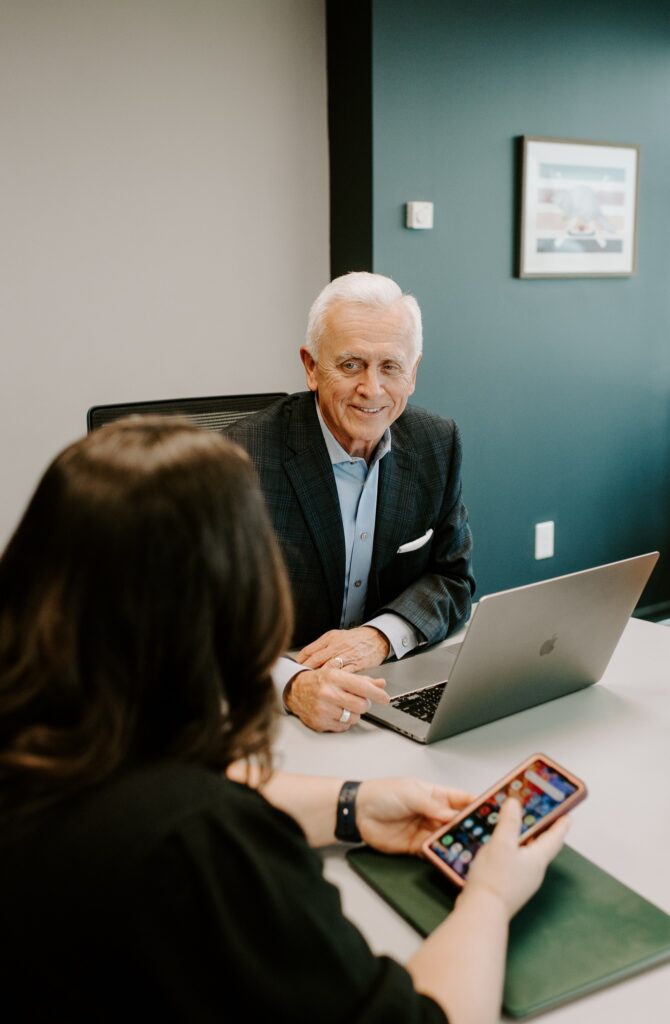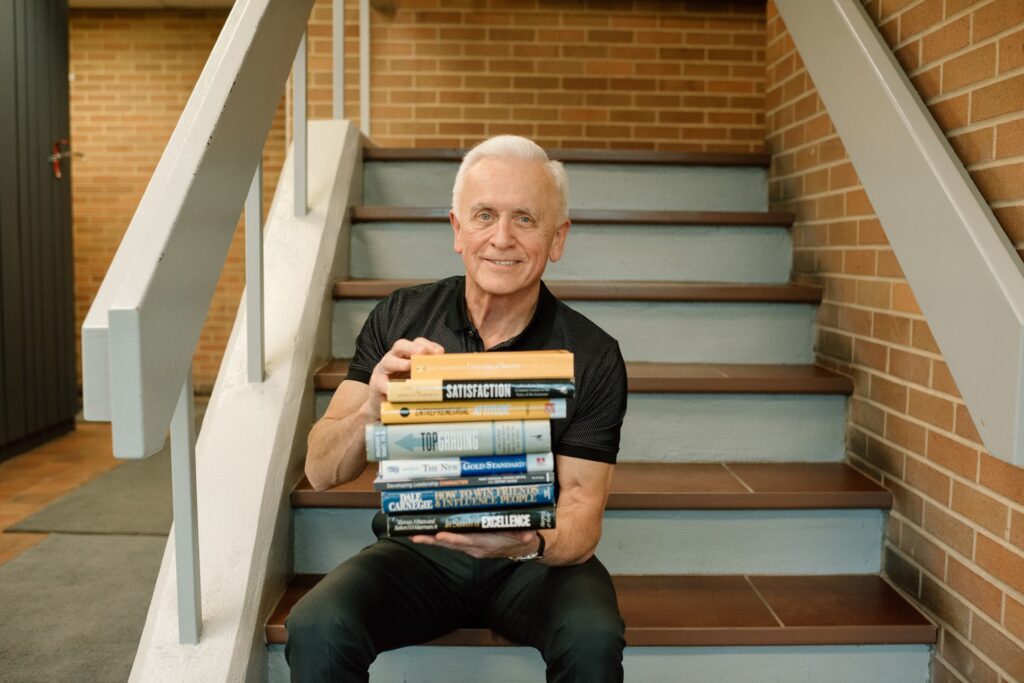Job Opportunity:
Summer Camp Counsellor – Kitchener
(5 weeks in July/ August – 40 hours/week)
JA South Western Ontario is a member of JA Canada and part of JA Worldwide (JA), the world’s largest not-for-profit organization dedicated to educating young people about business. Through the delivery of hands-on, blended learning in entrepreneurship, financial literacy and work readiness, JA empowers young people to grow their entrepreneurial ideas, hone their work skills, manage their earnings, and secure better lives for themselves, their families, and their communities.
Since 1963, schools in South Western Ontario have relied on JA to prepare young people for success in an ever-changing global economy. JA South Western Ontario is responsible for the geographic area including the counties of Essex, Chatham-Kent, Lambton, Elgin, Middlesex, Oxford, Huron, Perth, Bruce, Grey, Wellington, Waterloo, Brant, Hamilton, Haldimand-Norfolk, and Niagara.
The JA Summer Camp Coordinator works within a team of camp counsellors and under the supervision of full-time JA staff to facilitate all aspects of the JA Startup Camp experience for 8-13 year olds.
Primary Responsibilities
- Supervising, facilitating, and participating in camp program activities with campers 8-13 years old
- Participating in training and orientation sessions held prior to camp
- Working in cooperation with other Camp Counsellors to ensure campers are safe, while maintaining adequate health and hygiene measures
- Building relationships with campers by demonstrating compassion, empathy, and understanding
- Providing positive feedback for parents
- Assisting with camp set up and tear down activities, such as light cleaning, room preparation, organizing supplies/ materials, etc.
- Other duties as assigned
Skills/ Qualifications
- Ability to work well with children and parents
- Ability to communicate effectively with parents, other Camp Staff, and campers
- Ability to motivate others in learning new skills
- Ability to demonstrate responsible, ethical, and professional conduct
- Ability to provide support and instruction to others
- Experience or education in working with children
This is a contract position (40.0 hours per week).
The successful candidate must be available to work 8:30 – 5:30pm, Monday to Friday from July 15 to August 23, 2024, on location at the Church of the Good Shepherd , 116 Queen Street North.
JA South Western Ontario is committed to a diverse, inclusive, equitable and accessible environment where differences are valued and respected in all areas of our business. We welcome and encourage applications from people of all backgrounds and abilities.
Accommodations are available on request for candidates taking part in all aspects of the selection process. JA SWO will not discriminate on the basis of race, ancestry, place of origin, colour, ethnic origin, citizenship, creed (religion), sex (including pregnancy and gender identity), sexual orientation, disability, age (18 and over), record of offenses for which a pardon has been granted, marital status (including same sex partners), family status, or any other grounds prohibited by the Ontario Human Rights Code.
Are you ready to be a JA Summer Camp Counsellor? Please send a resume and cover letter to Zoe at zburness@jaswo.org. We thank all applicants, however, only those selected for an interview will be contacted.
Job Type: Seasonal
Contract length: 2 months
Schedule:
- Day shift
- Monday to Friday
Work Location: In person
Application deadline: 2024-04-19
Expected start date: 2024-07-15
